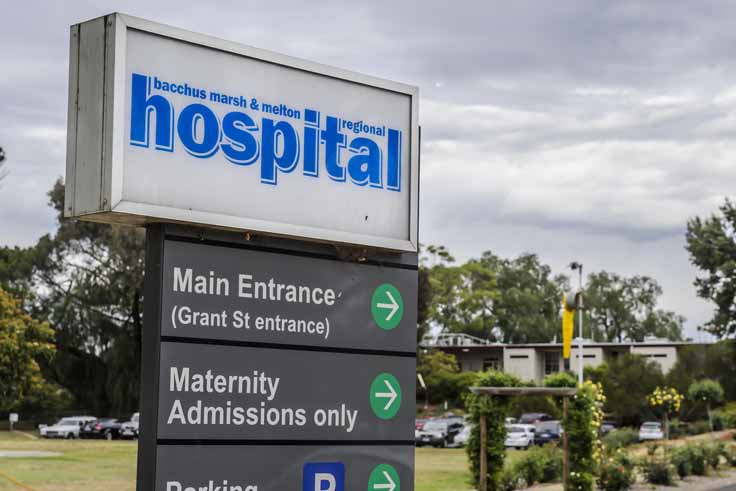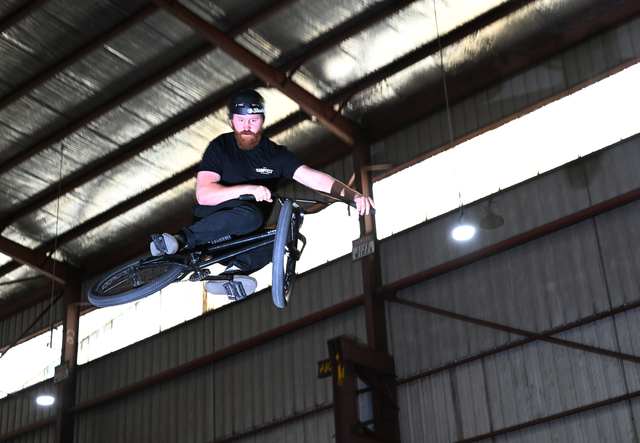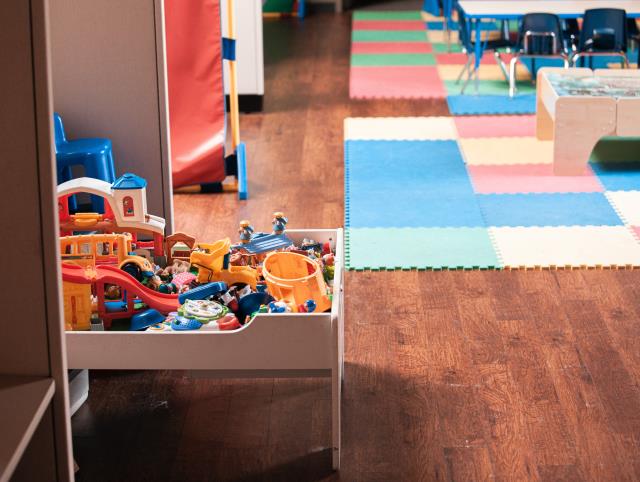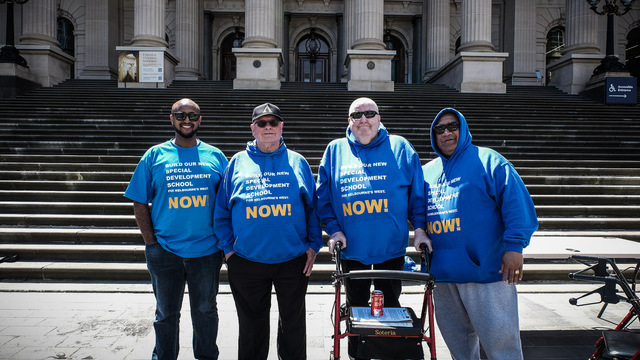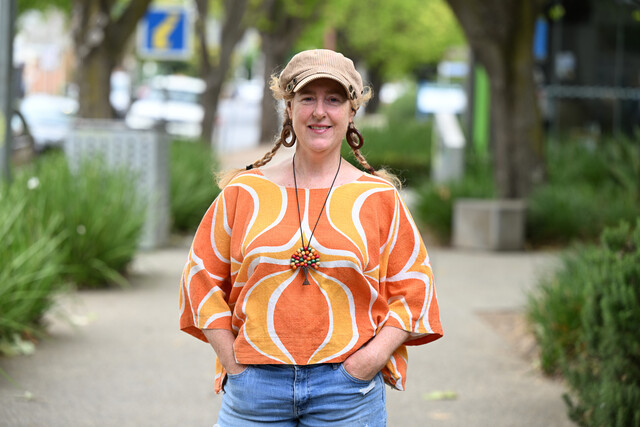Health authorities have investigated 40 doctors, nurses and other professionals over the baby deaths scandal at Bacchus Marsh Hospital.
Eighteen months into the investigation, the Australian Health Practitioner Regulation Authority has revealed that immediate action has been taken against five practitioners who have had restrictions placed on their ability to treat patients while the investigation continues.
Another six practitioners had conditions placed on their ability to treat patients, six were cautioned and others had no further action taken, including 11 practitioners who are no longer registered.
Five staff had quit their medical professions while they were under investigation, it was revealed.
The regulator finalised probes into 23 practitioners, while 17 are still under investigation.
Among those are 12 people who are supervisors or worked in clinical leadership roles.
“Significant failings in clinical governance have previously been identified as contributing to the tragic events which occurred at Bacchus Marsh hospital,” AHPRA said in a statement.
Reviews into the cluster of baby deaths at the Djerriwarrh Health Service previously identified at least 11 losses that were potentially avoidable.
The AHPRA investigation team, helped by a team of clinical experts, examined thousands of pages of clinical records, identifying those who provided care, and has interviewed dozens of staff members.

In total, 96 cases were referred to AHPRA over the scandal, including those relating to 13 doctors, 23 midwives and nurses and four other medical staff.
A spokesperson for AHPRA said privacy laws prevented them from releasing the details of which action had been taken against individual practitioners.
“For families who have suffered terrible loss, our focus has been on ensuring each investigation is thorough and fair and that they are properly informed about the outcome of an investigation,” AHPRA said in a statement.
“Djerriwarrh has informed us of the improvements that the health service has made in areas such as supervision, training and clinical governance. In some cases, practitioners have completed training mandated by the Djerriwarrh Health Service, and this has been sufficient to address the Boards’ concerns about their standards of practice.
The regulator also said it had improved how it assessed and managed notifications about medical practitioners in the wake of the scandal.
Maurice Blackburn medical negligence lawyer Dimitra Dubrow, who has represented families affected, said it was reassuring to learn AHPRA was conducting a thorough investigation but urged the regulator to move faster on complaints in the future.
“Whilst it’s not going to bring back the babies who tragically died, or change the lives of the many babies and mothers who sustained serious injuries as a result of the treatment they received at the hospital, it could lead to the individuals involved taking accountability for what happened,” she said.
This could also assist victims with their ongoing fight for compensation, she added.
“Hopefully the investigations and handing in of registrations by several practitioners will also result in better patient safety, but AHPRA must, however, move faster on complaints to avoid the scale of disaster that has occurred here, which dates back as far as 2001.”
A spokesman for Djerriwarrh Health Services said “profound change” had taken place at the service since October 2015.
“It now has robust, reinvigorated clinical governance processes, systematic training, continued professional development and strong leadership that ensures Djerriwarrh is a safe, secure and fully-functioning health service for the people of Bacchus Marsh and Melton,” he said.
“As well as staff capability, there has been significant investment in infrastructure and systems support totalling more than $30 million across the service.
“These substantial changes and major improvements have ensured an energised health service, talented and committed staff, well-equipped to meet the immediate and future care needs of its diverse and rapidly growing region.”
The $30 million includes $10.6 million of capital funding for new operating theatres and expanded maternity services.
By Rania Spooner, The Age

